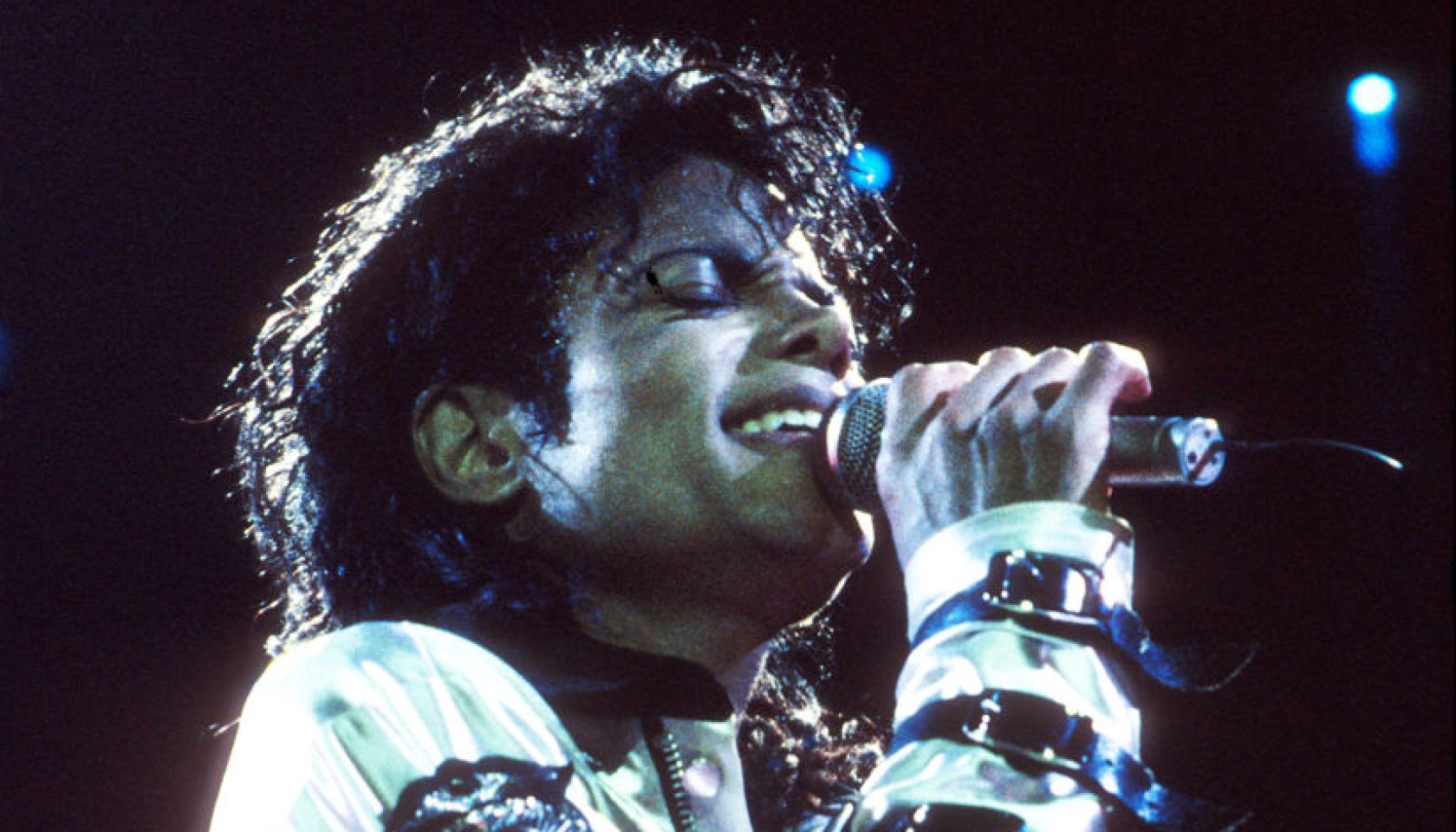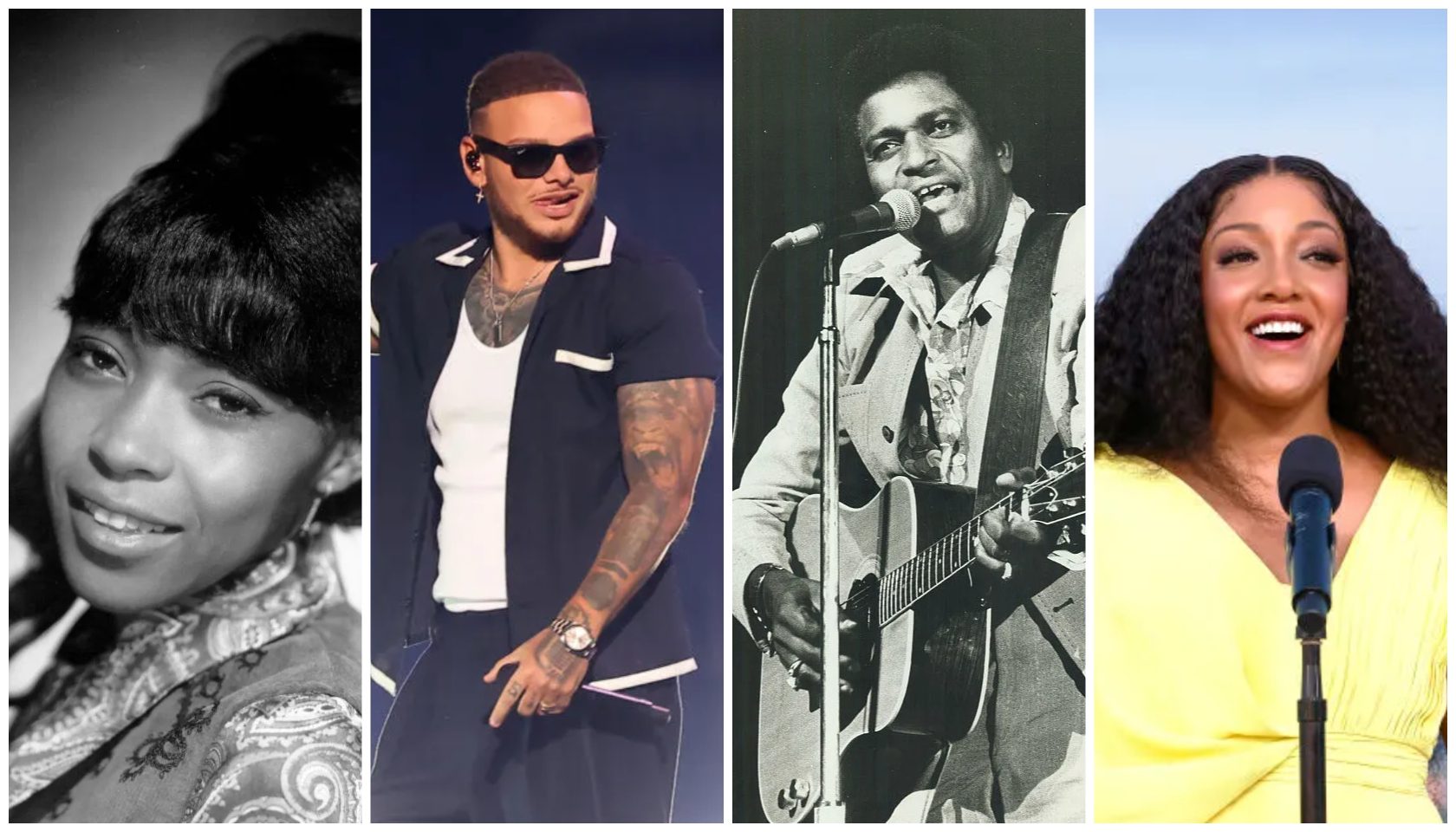Radio and Politics
A new Harris Poll said 65 percent of Americans surveyed think radio and television talk show hosts have too much influence in Congress and the White House, a 12 point increase from last year.
But that figure pales in comparison to power to the influence of the news media (73 percent), entertainment and sports figures (67 percent) , financial institutions (81 percent), political lobbyists (85 percent) big companies (86 percent) and PACs (88 percent).
The survey of 1,016 adults by Harris Interactive was conducted between April 10 and 17.
The results imply a growing frustration by Americans, generally, that their concerns are not being heard, nor their needs addressed, and that special interests have a stronger influence on the top echelons of government.
Conservative voices, such as Rush Limbaugh and Sean Hannity, increasingly appear to have move from providing an alternative point of view to having their own agenda that politicians and policymakers feel obligated to follow.
Even the news media, once believed to comfort the afflicted and afflict the comfortable, appear to have turned their attention to influence peddling rather than using their power to help the public.
That’s where black radio differs; it understands political struggle and seeks to galvanize its audience to take control of their lives.
A 2008 documentary, “Disappearing Voices: The Decline of Black Radio,” revealed that at the time of filming, the U.S. Census Bureau reported that out of 10,315 commercial AM and FM radio stations in the United States, only 168 were Black-owned – and the number was declining.
Still, black radio has been, and remains, a strong voice and influence in the lives of black listeners.
“In many demographics, radio has lost its swagger,” radio host Tom Joyner said in a recent blog. “For news and information, cable news, the Internet and social media are their primary resources. And even as more African Americans turn to these forms of communication, statistics show that black people still love black radio, depend on their programs and consider it a most trusted method of getting news. Deep down inside they believe that black radio has a vested interest in the community and offer programming that strives to Super Serve them by making them a priority.”
It has been a major, if not the major player in rallying black Americans to register to vote, to respond to cries for justice in such cases as the Trayvon Martin slaying and the racially-charged cases of the Jena 6 and Genarlow Wilson, and to support black music and film, including this year’s highly successful “Think Like a Man,” based on a New York Times bestseller by comedian and radio host Steve Harvey.
"The Tom Joyner Morning Show," the "Michael Baisden Show,” and “The Steve Harvey Morning Show” reach an estimated combined audience of about 20 million listeners.
Black radio provides a home for conversation on issues and music rarely given a forum elsewhere.
David Hinckley, a columnist for the New York Daily News, wrote that the importance of black radio has come back into the national spotlight in the wake of the death of Hal Jackson, whom Hinckley called the “patriarch of black radio.”
Jackson, who died last week at age 96, had been a broadcaster since Franklin D. Roosevelt was president in the 1940s.
“Half the doors that lead to black radio, Hal Jackson was the first to walk through. In many ways his biggest battle was to get on the air at all, in an industry smugly convinced no listener could enjoy or trust a black voice coming from a radio speaker,” Hinckley wrote.
He added that black radio traditionally has talked about issues, showcased artists and music not heard elsewhere, noting the important role it played in driving the turnout for the Million Man March in 1995.
“That was not an isolated incident,” Hinckley wrote. “Since the early 1950s black radio had given aid and comfort to civil rights leaders, including the Rev. Dr. Martin Luther King, when they were regarded as either dangerous agitators or hopeless dreamers who could never change hearts or laws.”
When the NAACP, the National Urban League and other civil rights and community organizations want to get a message out, they start with interviews on black radio.
In 1996, Jacquie Gales Webb produced a 13-part series for the Smithsonian's production on the role of radio in transforming the African American community in the 20th century. The collection contained more than 400 hours of interviews and historical aircheck tapes, articles, research files, program scripts, and transcripts. The audio interviews feature conversations with more than 150 well-known disc jockeys, radio professionals, record company executives, journalists, and scholars.
The Fairness Doctrine, instituted after the Civil Rights Movement required broadcast media to produce public affairs programming that represented the interest of minorities. The doctrine essentially was dismantled in 1987 during the Reagan administration and, a number of public affairs shows died with it.
“Once again, it was left up to Black radio to carry the torch,” Joyner wrote. “And so it is today, with so many conservative programs tearing down all ‘liberal’ values and ideals such as the desire for every American to vote, health care for all, etc. the voices of Rush (Limbaugh and Sean) Hannity, etc., are drowning out the voices of ‘the people.’ Whether it’s turning to black radio to mourn the death of Whitney Houston or to mobilize a Trayvon Martin rally we do it better together.”
















